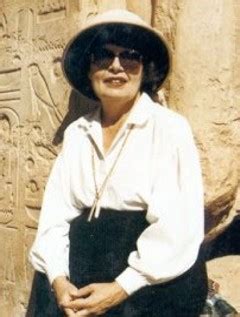A Quote by John Maynard Keynes
Well, when I get new information, I rethink my position. What, sir, do you do with new information?
Quote Topics
Related Quotes
Well, there's a question as to what sort of information is important in the world, what sort of information can achieve reform. And there's a lot of information. So information that organizations are spending economic effort into concealing, that's a really good signal that when the information gets out, there's a hope of it doing some good.
Well, there's a question as to what sort of information is important in the world, what sort of information can achieve reform. And there's a lot of information. So information that organizations are spending economic effort into concealing, that's a really good signal that when the information gets out, there's a hope of it doing some good...
Through the information the Pleiadians bring, we come into a new innate understanding of ourselves, and a new remembering. That really allows us to move forward on our path with that information. It's empowering. It puts things in perspective, back into place. It makes sense of everything that we are and what we're doing here, and what we have done and where we are going.
You know, entropy is associated thermodynamically, in systems involving heat, with disorder. And in an analogous way, information is associated with disorder, which seems paradoxical. But when you think about it, a bit of information is a surprise. If you already knew what the message contained, there would be no new information in it.

































